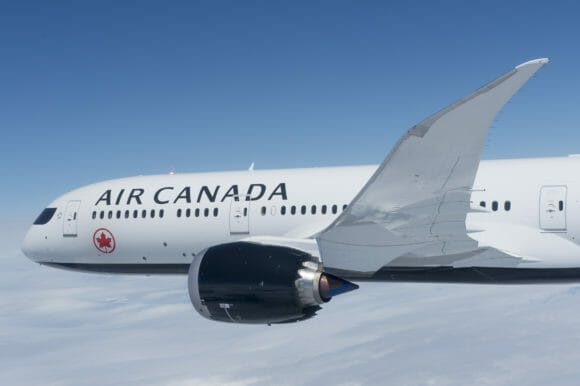
a330ac
If there was any doubt as to the disruptive capabilities Air Canada has acquired then two route announcements should quell that.
- The A220 is going to disrupt US air traffic options going to Europe.
- Today the airline announced Montreal-Toulouse.
- Throw into this mix what Air Canada will be able to accomplish as it adds the Air Transat fleet.
Air Canada has described the A220 as disruptive to their network as the 787 has been. With each new A220 delivered, US air travelers will have another option across the Atlantic. US carriers are likely to have a less compelling reaction, as the Canadian market is so much smaller.
The Montreal-Toulouse move has Airbus and its supply chain written all over. And, crucially, Air Canada made this move before Air France. The use of the A330 may be a tad large, but the service won’t be daily. However, this where the Air Transat fleet comes in handy. Air Canada can move an A321LR into this market for daily service. With Airbus related traffic probably filling the front cabin, the economics look promising. As traffic grows, the A330 for daily service becomes possible. The A330 obviously offering better cargo capacity. Being first to market means Air France has to catch up – a decision to unlock the behind Paris market to direct international service to Canada may not go down well on a “Paris-centric” network. Air France’s best response might be Toulouse-Washington to play a similar Airbus card. But Air France does not necessarily have the optimal tool for the route, yet. But like Air Canada selecting the A330 and not going daily provides a reasonable model to copy.
What we are seeing is the next step in the devolution of fortress hubs being used as staging places to disrupt international and overseas markets. Air Canada is moving quickly because first to market is a key step. Air Canada can disrupt Air France to Francophone Quebec. The A220 service from Seattle an San Jose to Montreal is also an aerospace play, connecting the #1 and #3 aeroclusters. San Jose to Toronto offers great onward connections to Europe for the tech industry.
Business yields drive route profitability, and Air Canada has chosen interesting business-centric markets for its latest routes that can siphon traffic from other hubs and should become successful.
Views: 1




